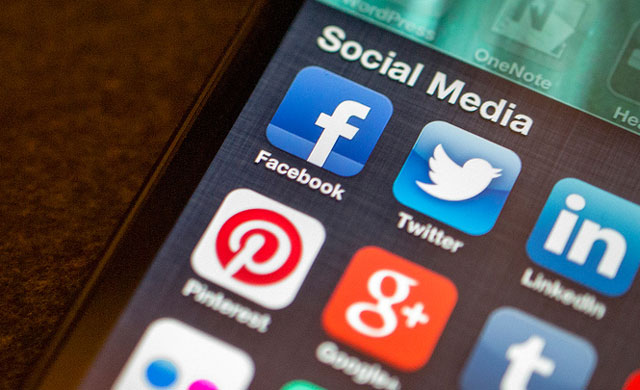
Capitec came out tops for its social media performance among South Africa’s banks, according to the 2014/2015 Ubiquity Social Intelligence Report released on Wednesday.
Capitec was also the only bank to receive a net positive opinion on social media.
“Capitec Bank embraced social media as a tool to engage and build relationships with our clients, based on mutual respect,” said Capitec spokesman Charl Nel.
“Our approach is to grow our social communities in an organic and non-intrusive manner. We know our place and we can translate that into the way we communicate with our clients. We also don’t buy subscribers, but allow our social communities to grow organically.”
Capitec customers did indicate, however, that if they were to leave Capitec, it would be because of issues relating to credit.
The report found Nedbank to be South Africa’s worst bank on social media.
According to Ubiquity, traditionally there’s a widely held belief that consumers will more readily complain and express negative opinions towards companies and brand, as oppose to complimenting and expressing positive opinions.
Ubiquity pointed out that this is not necessarily true in a digital age, as people will share thoughts, opinions and experience, whether positive or negative, especially if incentivised to do so.
“While one would expect South Africans to express an overwhelming negative opinion towards banking fees and costs, this is not the case. South Africans have responded positively to efforts by banks to reduce costs (or provide better value) and promote savings,” said Ubiquity.
Credit was found to be the top retail banking issue driving opinions about banks on social media, followed by customer service, costs and savings.
Opinions are more positive towards Absa and Capitec regarding credit. Absa is the only bank to score a net positive opinion on credit-related issues, while opinions are steadily turning more negative on the remaining three banks, according to the report.
The market is extremely opinionated on social media about customer service by banks, which it reflects has consistently having deteriorated over the past three quarters and overtaking banking fees and costs as the second major issue.
All of South Africa’s banks — with the exception of Capitec — seem to be failing customers regarding customer service.
Overall, more than half of all social data was neutral about banking fees. Opinions are only slightly more negative than positive about banking fees after efforts by banks to reduce costs, while the market had a net overall positive opinion about banks’ efforts to promote savings.
Customers complain regularly on social media about transactional banking fees relating to issues like reversing unauthorised debit order charges.
Opinions are most negative towards Nedbank and First National Bank around banking fees and costs, while Capitec leads the way.
The report also found that FNB customers engage more on social media than any other bank and more prospective customers are looking into FNB than any other bank. At the same time FNB receives more negative recommendations than any other bank, closely followed by Standard Bank and Absa.
Absa and FNB have the highest proportion of customers indicating their intention to leave. Absa customers are indicating they are likely to leave because of costs, credit and issues relating to savings.
On savings Absa, Nedbank and Capitec all score a net positive rating. Opinions are turning more negative, while FNB and Standard Bank lag.
There is a positive bias among women and a negative gender bias toward Absa. Proportionately, women engage more regarding credit and customer service, while males engage proportionately more on credit.
There is no gender bias toward Capitec. Males engage proportionately more regarding costs, while women engage more regarding credit.
There is no gender bias toward FNB. Women engage proportionately less regarding credit and more regarding costs, when compared with men.
There is a negative gender (women) bias toward Nedbank. Women engage proportionately less regarding costs and more regarding customer service and savings, when compared with men.
There is no significant gender bias toward Standard Bank, however women engage proportionately less regarding costs and more regarding customer service, when compared with men. — Fin24




